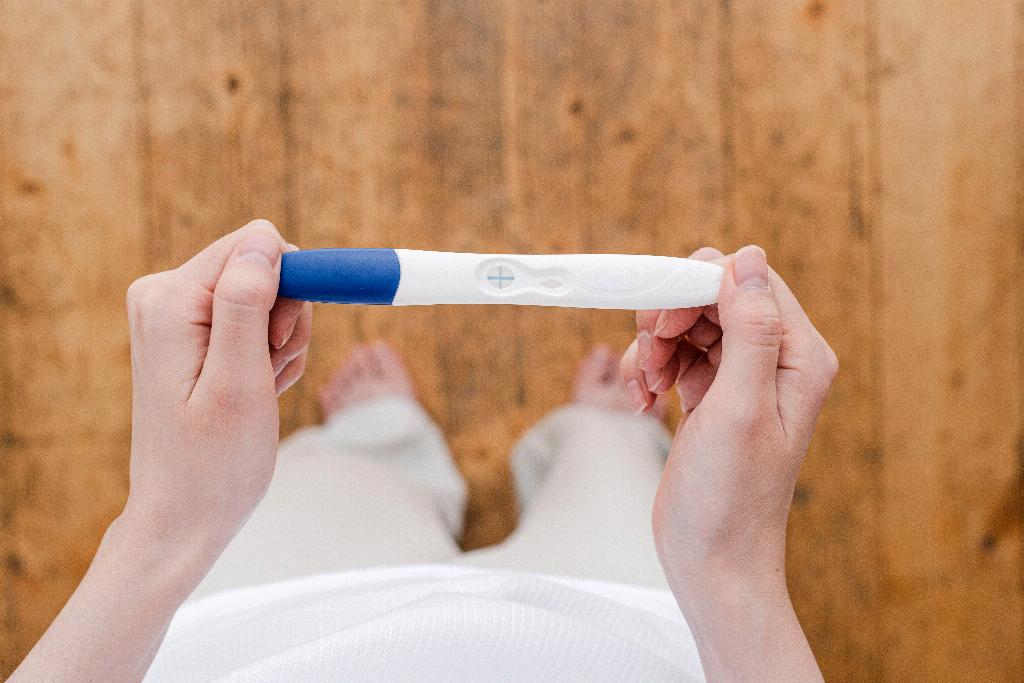When it comes to the early signs of pregnancy, one of the most common concerns for many women is experiencing morning sickness. The timing of when these symptoms begin can vary from woman to woman, but there are some general guidelines that can help you better understand when you might start to feel sick after getting pregnant.
First and foremost, it’s important to note that the concept of “getting pregnant” can be a bit tricky to pin down. Pregnancy is typically dated from the first day of your last menstrual period, which can make it difficult to determine exactly when conception occurred. However, using the date of ovulation as the starting point for pregnancy can provide a more accurate timeline for when symptoms may start to appear.
According to experts, most women tend to experience the first symptoms of pregnancy sickness, including nausea and vomiting, around 8 to 10 days after ovulation. This timeframe is significantly shorter than if you were to measure from the last menstrual period, which could be around 20 to 30 days post-conception.
It’s essential to keep in mind that every woman’s body is unique, and individual variations in hormone levels and sensitivity can influence when pregnancy symptoms manifest. Some women may start to feel sick earlier than the average timeline, while others may not experience any morning sickness at all.
Factors such as overall health, diet, stress levels, and genetic predisposition can also play a role in how early or late pregnancy symptoms appear. Women who are more in tune with their bodies may notice subtle changes sooner than those who are less attuned to physical changes.
For some women, morning sickness can be one of the first indicators that they are pregnant, serving as a confirmation of conception. However, it’s important to remember that not all women will experience nausea and vomiting in the early stages of pregnancy.
If you find yourself feeling sick shortly after getting pregnant, it’s essential to listen to your body and prioritize self-care. Staying hydrated, eating small, frequent meals, and getting plenty of rest can help alleviate symptoms and make the early stages of pregnancy more manageable.
It’s also crucial to communicate with your healthcare provider about any pregnancy symptoms you may be experiencing. They can offer guidance on managing morning sickness and provide personalized recommendations based on your individual health profile.
While morning sickness can be challenging to deal with, it’s a common and usually temporary aspect of pregnancy. Remember that every woman’s pregnancy journey is unique, and it’s okay to seek support and reassurance during this time of physical and emotional change.
In conclusion, the timing of when you may start to feel sick after getting pregnant can vary, but using the date of ovulation as a reference point can give you a more accurate estimate. Keep in mind that pregnancy symptoms are influenced by a combination of hormonal, physiological, and lifestyle factors, making each woman’s experience distinct.
Be mindful of your body’s signals, prioritize self-care, and maintain open communication with your healthcare provider to navigate the early stages of pregnancy with confidence and support.

